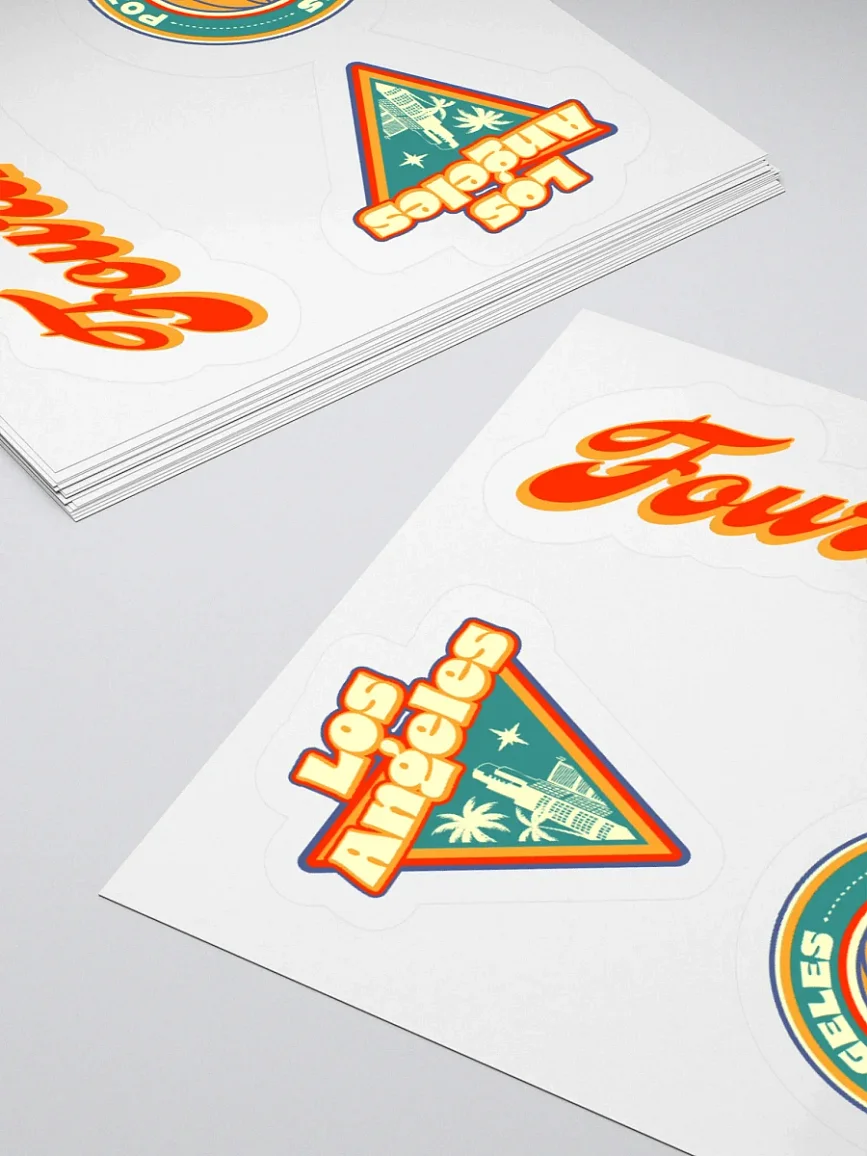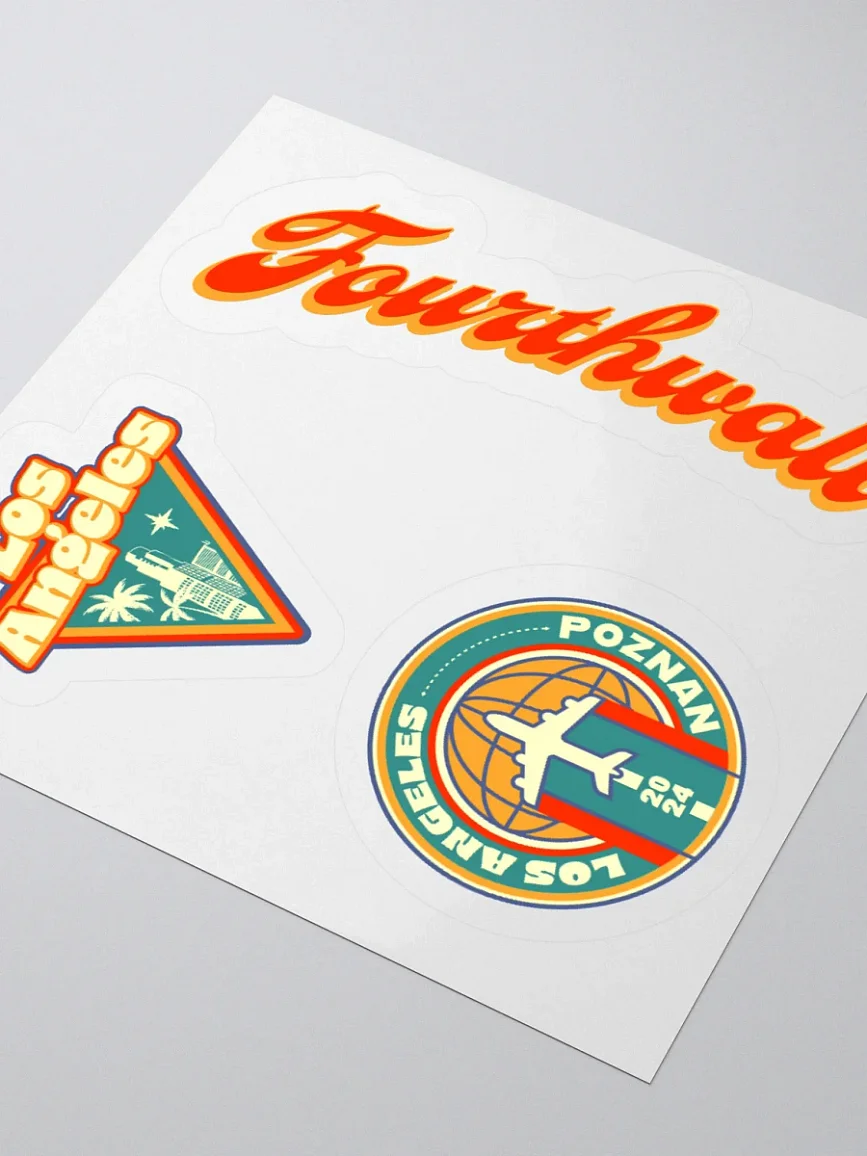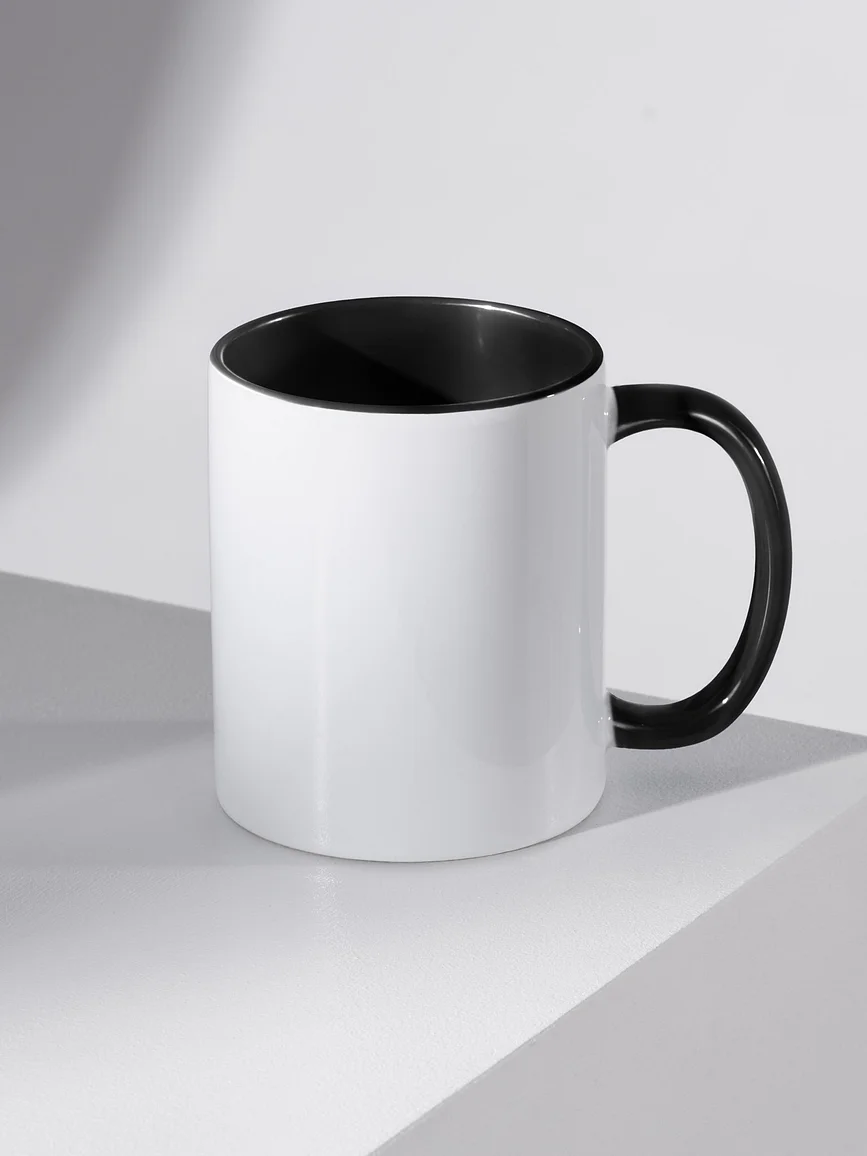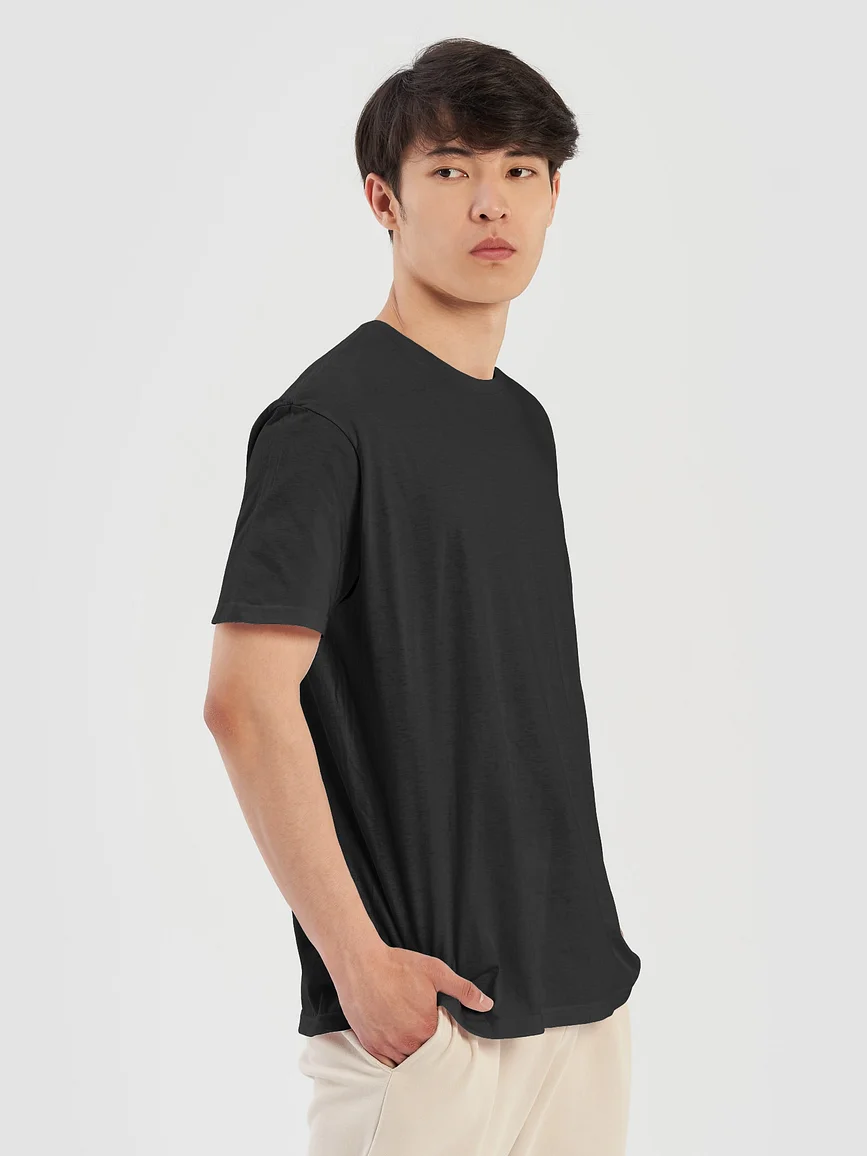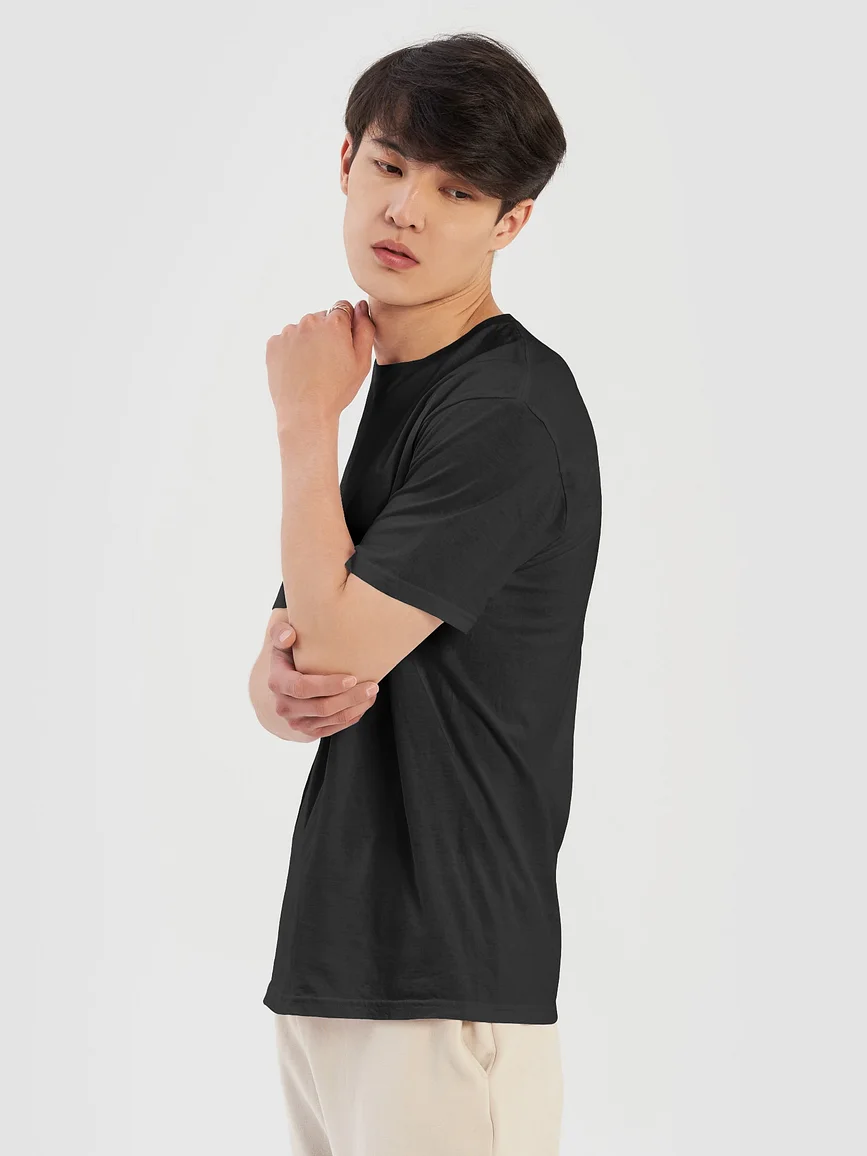How to Start a Pop-Up Shop for Your Merch
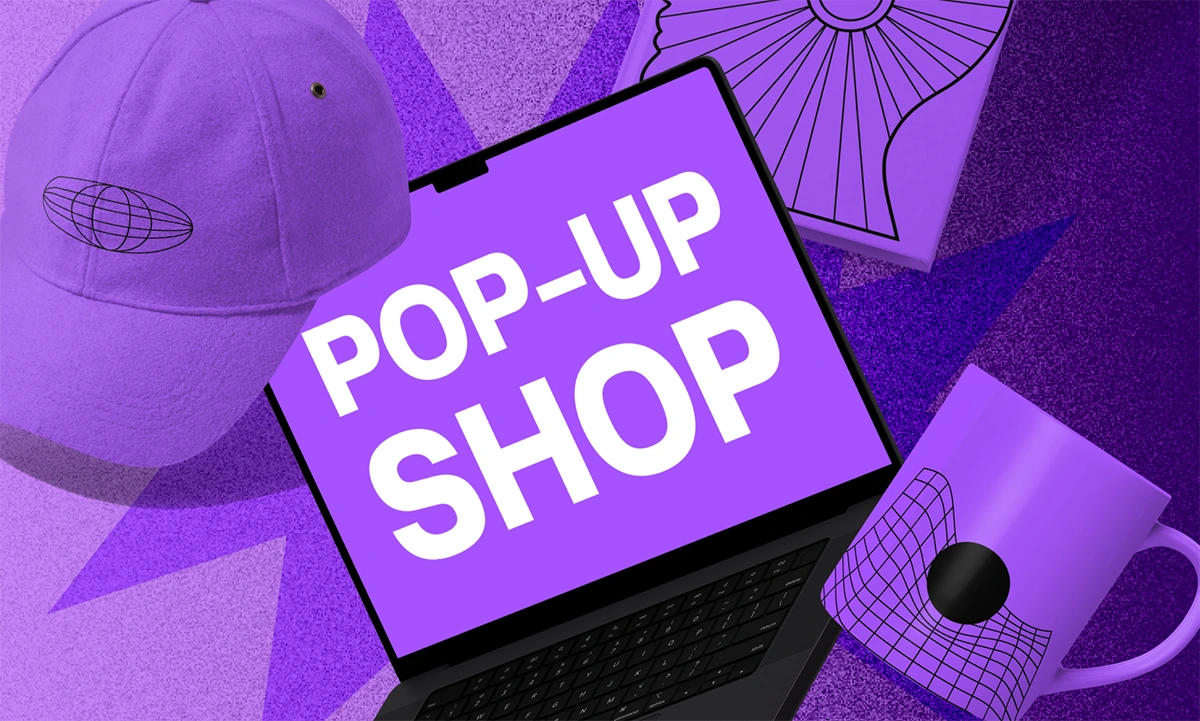
Pop-up shops are having a moment, and honestly, it’s easy to see why.
With retail rent prices through the roof and online stores getting harder to stand out in, more creators are skipping traditional storefronts and showing up where their audience already hangs out.
Whether it’s a merch table at a music festival, a mini shop inside a coffee spot, or a one-day event promoted entirely on Instagram, pop-up stores are turning casual followers into real-life customers.
In this guide, we’ll break down what pop-up shops actually are, how they work, and 10 creative ways you can host your own. We'll also show you how Fourthwall can help you bridge the gap between online and in-person sales.
What Is a Pop-Up Shop (And Why Should Creators Care)?
A pop-up shop is a temporary retail space that lets creators bring their products into the real world, whether it’s for a weekend, a single day, or just a few hours.
Unlike a traditional retail store, a pop-up shop creates urgency by being here one moment and gone the next, which naturally builds hype and exclusivity around your brand.
Think of it as a limited-time drop, but in physical form.
For creators looking to sell merch, test a new product, or engage directly with their audience, pop-up retail offers a low-pressure, high-reward way to get your name out there without locking yourself into long-term rent or overhead costs.
How Do Pop-Up Shops Work?
Running a pop-up shop might sound overwhelming at first, but the process is actually pretty straightforward.
All you really need to do is come up with a concept, choose a location, set up your retail space, and promote and sell your products to nearby customers.
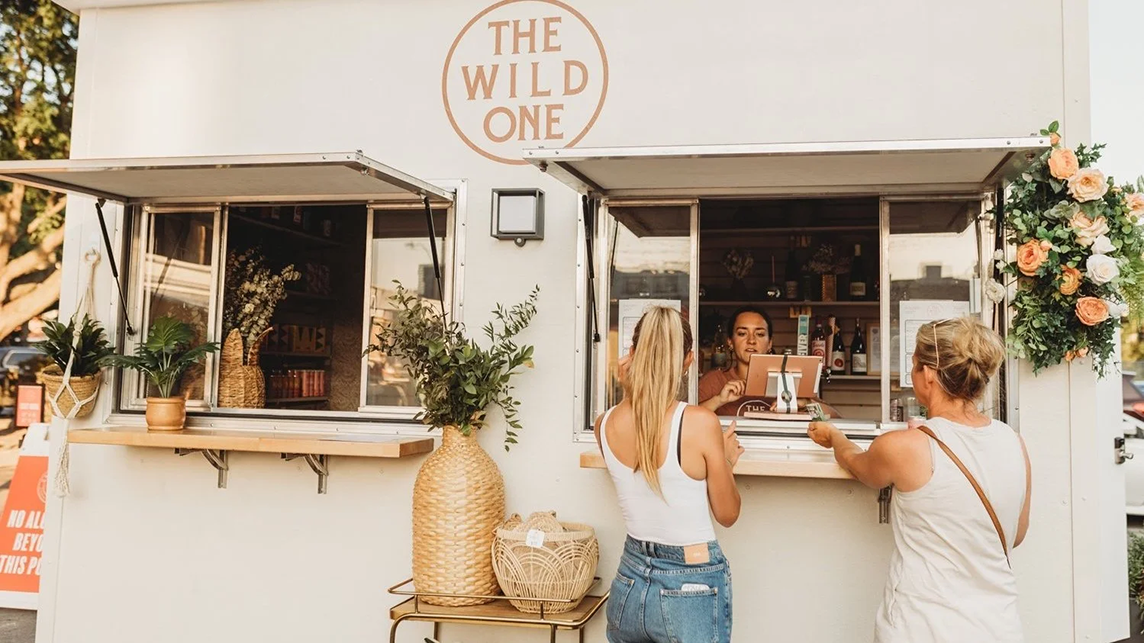
The beauty of a pop-up store is that it doesn’t have to be massive or expensive to be effective, just smartly executed. Here’s how creators are making it work without the stress:
- Book a short-term lease in a local venue or storefront for a weekend takeover or limited-time drop.
- Partner with a local coffee shop, bookstore, or boutique to co-host a pop-up event and attract overlapping audiences.
- Set up a booth at festivals, art shows, or flea markets where foot traffic is already built in.
- Go mobile with a trunk setup or merch van and bring your store directly to your fans.
- Use your own home studio, garage, or backyard to host a casual, low-cost shopping experience for your local community.
Another great thing about starting your own pop-up shop is that you don’t need a huge following or massive inventory to pull this off. What really matters is creating an exciting, real-life moment that resonates with your target audience.
And thanks to Fourthwall, you can streamline this experience by:
- Sync your online shop with your in-person event so customers can order sold-out items directly from your site.
- Generate QR codes that link back to your storefront for quick mobile purchases on the spot.
- Use print-on-demand features to fulfill orders you don’t have on hand.
- Capture new customers and follow up by offering exclusive discounts to attendees that redirect them back online.
In the end, your pop-up retail doesn’t have to be complicated at all; it just needs to feel authentic, intentional, and fun.
What You’ll Need to Launch a Pop-Up Shop
Opening a pop-up shop doesn’t mean you have to go full-scale retail right out of the gate.
There's no need to overcomplicate your first launch with excessive products that you'll be stuck with long after the event. Keep it simple with just the essentials to make it work smoothly for you.
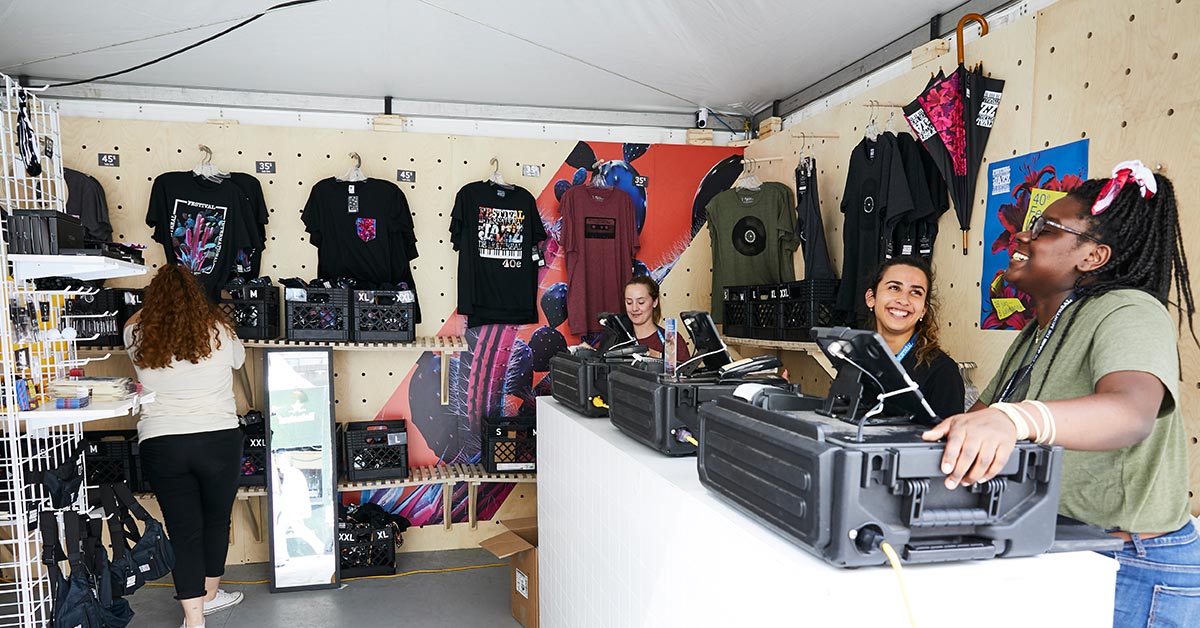
Here's a quick list of some of the basic things you'll need to get your pop-up shop up and running:
Product Inventory
Start by deciding what you’ll offer in person.
If you’re going the traditional route, consider placing a bulk order of your bestsellers or creating limited-edition exclusives just for the event.
Want to play it safe? Use print-on-demand as your backup plan.
With Fourthwall, you can keep a few sample pieces on hand and fulfill additional orders online with zero leftover inventory.
Point of Sale (POS) Setup
You don’t need a fancy cash register, but you do need a reliable way to accept payments.
A tablet or iPad with a card reader (like Square) is ideal, but something simpler could involve printing out QR codes linked to your Fourthwall store so customers can check out on their phones.
Bonus: This also helps track sales and collect emails for future drops.
Display Materials
How your shop looks matters.
Bring lightweight, easy-to-transport items like folding tables, clothing racks, banners, price tags, and branded signage to make your setup feel legit.
A clean, eye-catching display not only attracts shoppers but makes your products feel worth buying.
Marketing Strategy
Build buzz ahead of time.
Post sneak peeks on social media, create countdowns in your Instagram Stories, tease new product launches, and use location-based hashtags to attract local foot traffic.
If you’re collaborating with another creator or business, cross-promote to expand your reach even further.
Permits & Logistics
Depending on your location, you may need a vendor permit, temporary sales license, or insurance for your space. Especially if you’re setting up at a larger venue or public event.
Do a quick check with your city or landlord to avoid last-minute surprises.
10 Creative Pop-Up Shop Ideas for Creators
Once you’ve gathered everything you need to launch your pop-up shop, the next step is figuring out how you want to show up.
Pop-ups aren’t one-size-fits-all. The beauty of this format is that you can get creative with your location, theme, and overall vibe to match your brand and audience.
Whether you’re aiming for something high-energy and public or something small and personal, there’s a pop-up strategy that’ll fit your style and help you sell with purpose.
Below are ten pop-up shop ideas to get your creativity flowing, plus tips on how to make each one work.
1. Pop-Up at a Local Event or Festival
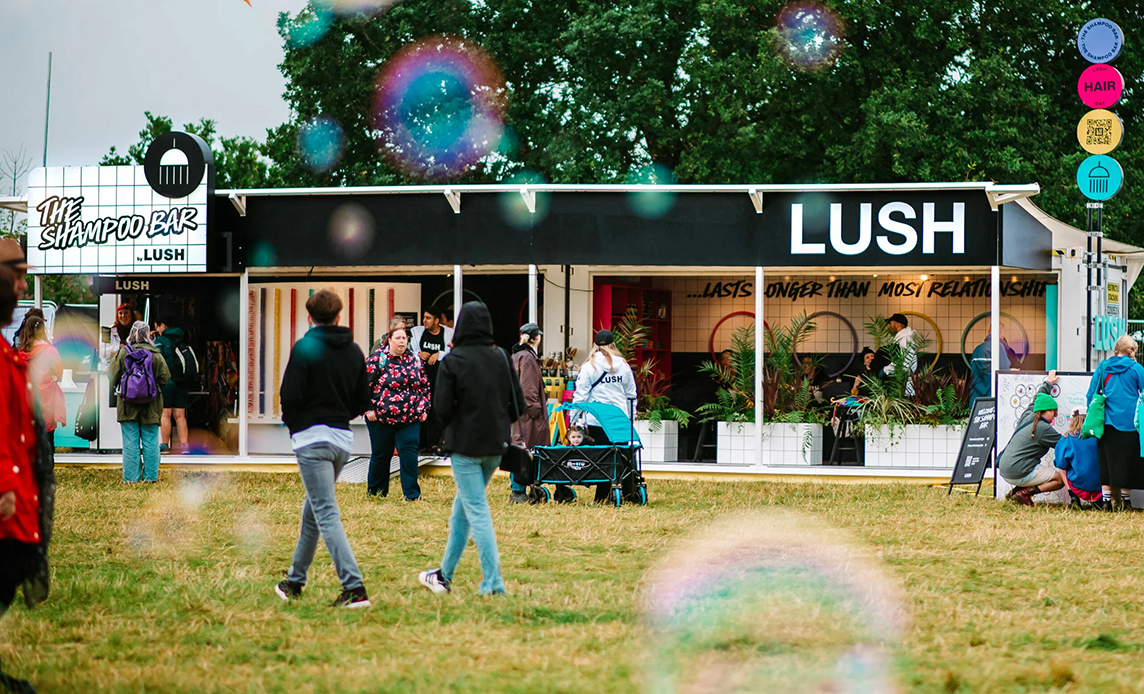
Setting up a pop-up shop at a local event is one of the easiest ways to get your products in front of a new audience without having to attract the crowd yourself.
Think weekend flea markets, monthly art walks, seasonal night markets, music festivals like Coachella or Rolling Loud, or niche events like anime conventions, zine fests, and creator expos.
These venues are already buzzing with shoppers who are in the mood to explore, spend, and discover something new.
Rent a booth or table, deck it out with your merch and signage, and use the energy of the event to spark spontaneous purchases.
For bonus points, display a QR code that links to your Fourthwall shop so fans can place follow-up orders, access sold-out items, or shop the full collection long after the event ends.
2. The “IRL Launch Party”
Why drop your latest merch in silence when you can turn it into a full-blown celebration?
An in-person launch party transforms your standard product release into a memorable pop-up event, complete with music, snacks, selfie stations, and a retail setup that screams you.
It’s the kind of experience that builds buzz, encourages live content creation, and makes your audience feel like they’re part of something special.
You can preview new items, offer exclusive early access, and create that must-have moment fans won’t want to miss. Plus, meeting your audience face-to-face adds a personal touch that no online drop can replicate.
3. Home Studio or Garage Pop-Up
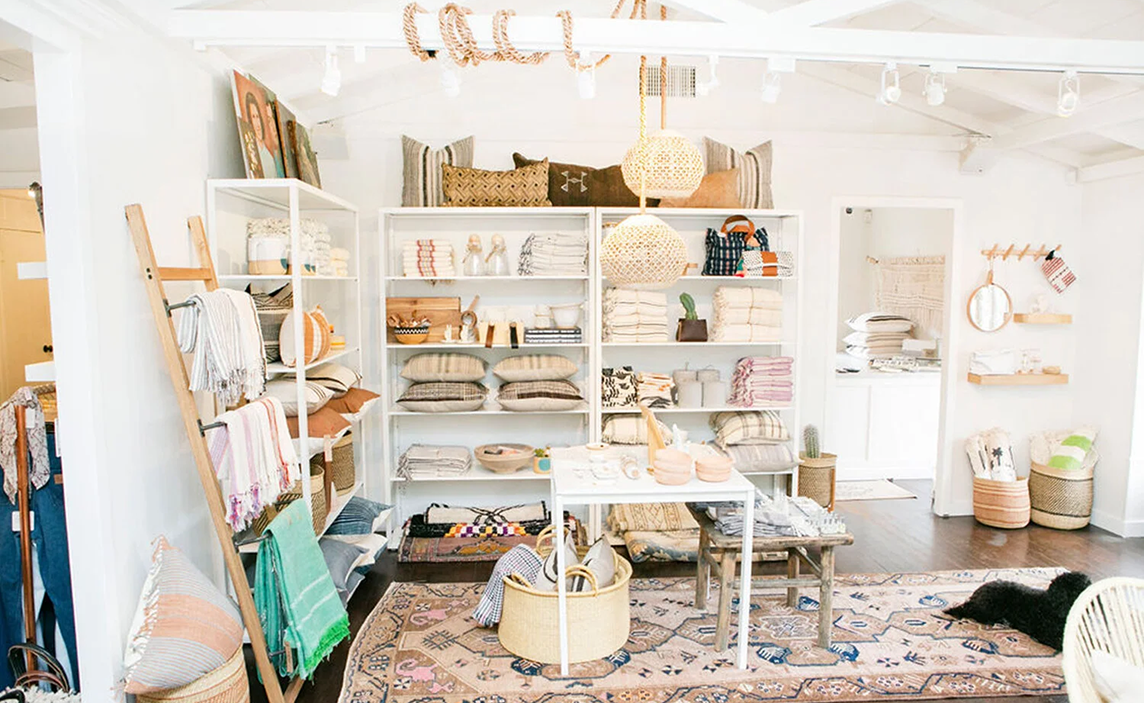
If you're not ready to rent a storefront or book a venue, your own space can become the perfect pop-up shop.
Whether it’s your garage, home studio, driveway, or backyard, you can transform it into a cozy, personal retail space where local fans, friends, and neighbors can browse and buy your products in person.
Want to keep things digital?
Set up a tablet or laptop where shoppers can place orders from your Fourthwall store on the spot, especially if you run out of certain sizes or styles.
It's a low-cost, low-pressure way to launch your merch IRL while building a deeper connection with your community.
4. Collab Pop-Up with Another Creator or Local Brand
Teaming up with another creator or small business is a smart way to double your exposure while cutting down on costs.
For example, a streetwear designer could collaborate with a local record store to create a pop-up event that blends fashion, music, and culture into one unforgettable experience.
Picture racks of limited-edition tees and hoodies set up between rows of vinyl, with a curated playlist or live DJ spinning in the background to set the vibe.
Shoppers could browse records, grab exclusive merch drops, and even take photos in front of custom backdrops or murals designed for the event. It’s the kind of crossover that draws in both fashion lovers and music heads
These kinds of unexpected collabs make your shop feel fresh, creative, and community-driven, while giving both brands a chance to attract new fans.
5. Themed Holiday or Birthday Pop-Up
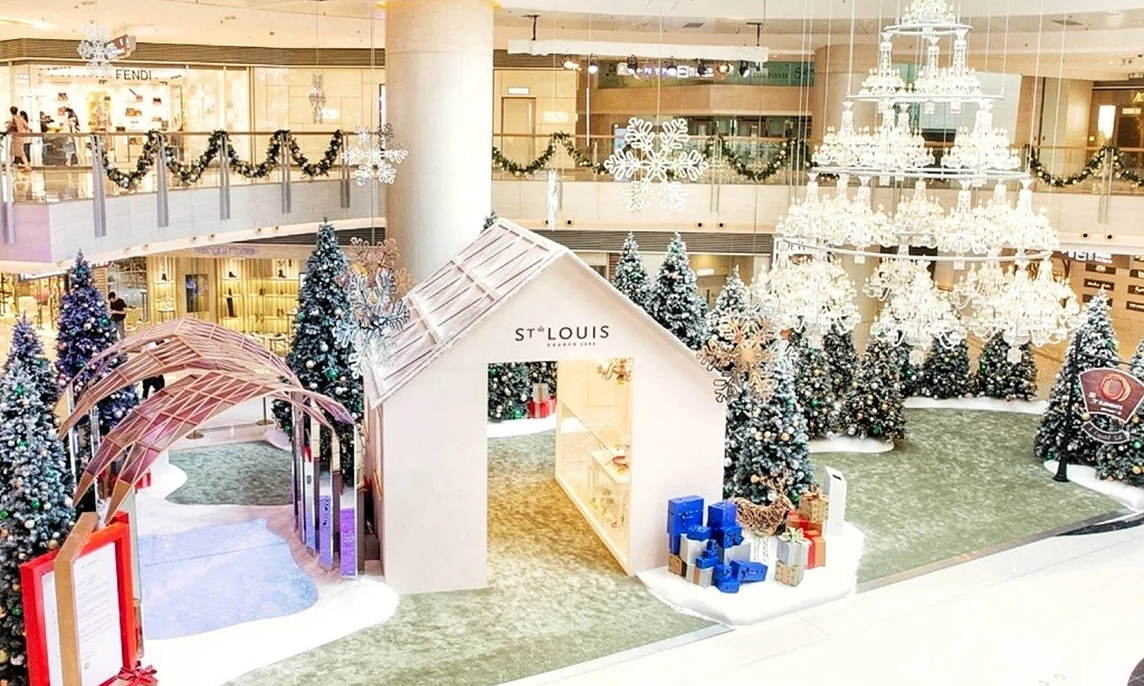
Holidays and personal milestones are the perfect excuse to host a themed pop-up shop that feels festive, fun, and full of limited-edition flair.
Whether it’s Valentine’s Day, Halloween, Christmas, or even your birthday, tailoring your retail space and merchandise to the occasion helps create urgency and makes your shop feel like an event, not just a store.
Offer exclusive designs like heart-themed hoodies, spooky tote bags, or cozy holiday mugs. You can even sweeten the deal with discounts, gift wrapping, or freebies for early shoppers.
Fourthwall makes it easy to lean into the theme by offering seasonal products like knitwear, ornaments, wrapping paper, candles, and more. All of which can be bundled or customized for a limited time.
Once your pop-up event wraps, you can quickly archive those products or switch gears for the next big moment.
6. TikTok-Inspired Experience Pop-Up
Design your shop to be a full-on content playground. Something so visually cool or unexpected that people have to pull out their phones.
Create photo booths with themed props, eye-catching backdrops, or selfie stations with ring lights so shoppers can snap content while they browse.
Set up interactive displays, live product demos, or unboxing stations where fans can open merch on camera and share their reactions live.
The goal here is to turn your pop-up into a viral moment, where the experience is just as important as the products themselves.
This kind of setup naturally boosts brand visibility as customers post and tag your shop on TikTok, Instagram, or wherever they’re active.
7. Mobile Merch Truck or Van
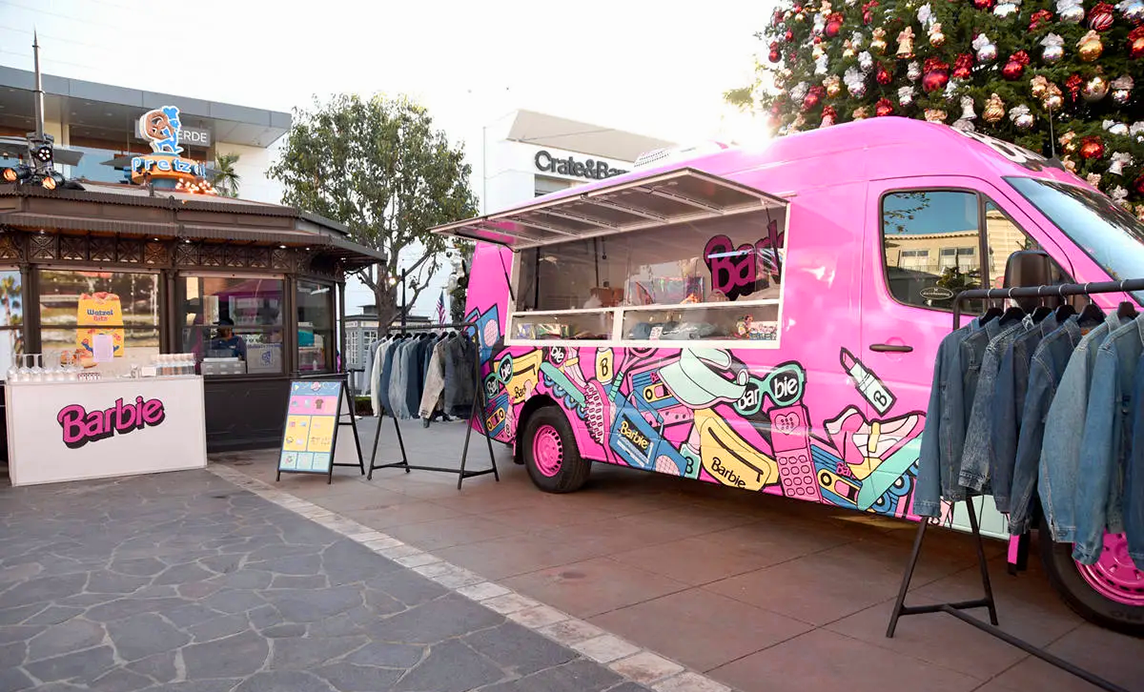
If you’re down to go big (and have the budget for it), a mobile merch truck or van can be a head-turning way to bring your pop-up shop directly to your audience.
You can rent a branded van, truck, or trailer, and turn it into a mini storefront on wheels, complete with shelves, clothing racks, signage, and lighting.
Pop-up trucks are perfect for parking near or in festival grounds, active fashion districts, or local events with high foot traffic.
Just keep in mind that vehicle rentals, permits, and gas can get expensive, so this option is best for creators who are ready to invest in a bold, mobile retail experience.
8. Fan Art & Sticker Bar
Set up a display featuring your original sticker designs, and offer individual pieces, sticker sheets, or limited-edition bundles.
You can also include a DIY station where fans can sketch their own concepts or remix your existing designs.
To make it even more interactive, let attendees vote on their favorite designs, with the winning one becoming part of your next product drop.
Not only does this make your pop-up shop more memorable, but it also gives your fans a direct hand in shaping your brand.
Bonus: With Fourthwall, you can easily design and sell custom kiss-cut or holographic stickers, making it simple to print high-quality, eye-catching designs that fans will actually want to stick (and collect).
9. Workshop or Live Demo Pop-Up

Why just sell your work when you can show people how it’s done?
A live workshop or demo turns your pop-up shop into an experience that’s equal parts educational and entertaining.
Whether you're teaching how to design a t-shirt, shoot high-quality content with your phone, or package orders like a pro, you're giving your audience a behind-the-scenes pass into your creative world.
You can also sell exclusive workshop-themed merch, and with Fourthwall, upload digital downloads or recap videos afterward so anyone who missed the event can still get in on the value.
10. Creator Meet & Greet + Merch Signing
Hosting a meet and greet is a great way to deepen your connection with fans while giving them a chance to walk away with signed merch they can’t get anywhere else.
These events can be as casual or as structured as you want; think coffee shop hangouts, private studio sessions, or booth setups at creator-focused events.
Conferences like VidCon, VidSummit, Creator Economy Expo (CEX), Creator Economy Live, and CreatorConf are perfect venues for this kind of experience, offering built-in audiences who are already excited to meet creators like you.
Just remember to bring along your top merch items, some Sharpies, and a camera for photos.
Keep the Buzz Going After the Pop-Up Ends
Just because your pop-up shop has wrapped doesn’t mean the momentum has to stop.
Keep the energy alive by posting a recap on social media along with sharing photos, fan reactions, behind-the-scenes moments, or even vlog-style content to show what went down.
If you have leftover inventory, consider turning it into a “last chance” sale on your online store to create a sense of urgency.
Use the event as a testing ground: take note of what sold fast, what got the most attention, and what your audience asked for. It’s a valuable insight to have for your next product launch.
Your Merch, Your Way, Anywhere!
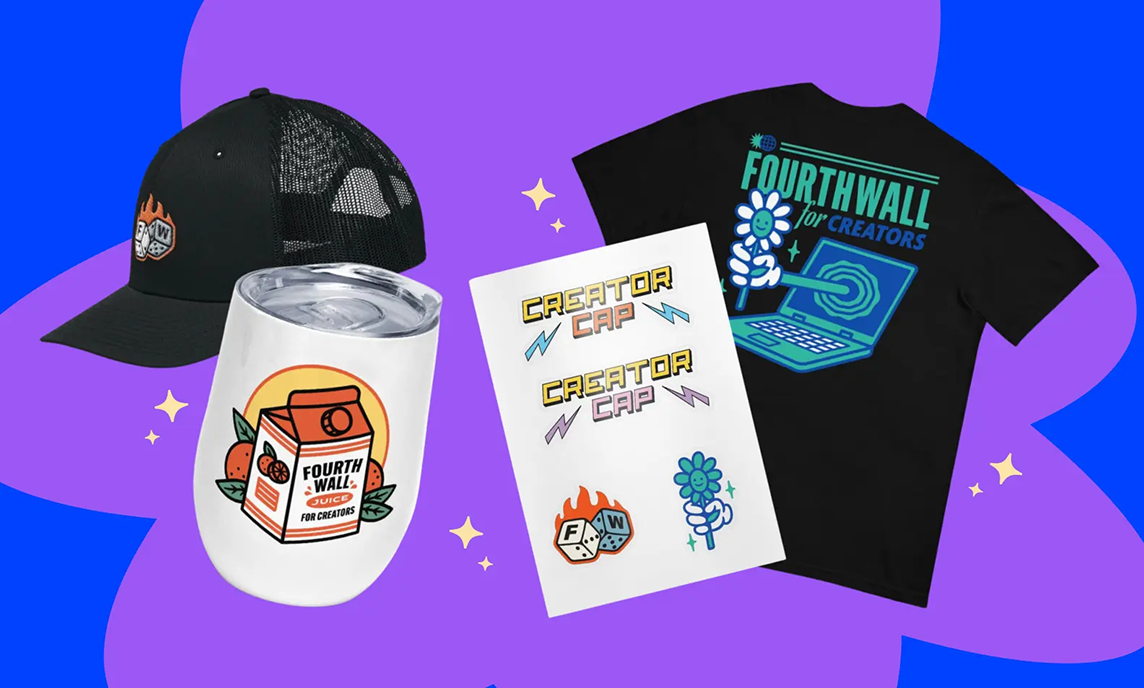
Serious about turning your creativity into a brand? Fourthwall is the all-in-one platform built to help you do it on your terms.
Whether you're hosting a pop-up shop, selling exclusive drops, or launching your first merch line, Fourthwall gives creators full control over their storefront, products, and customer experience. No coding, no middlemen!
You can upload exclusive post-event merch, thank your top buyers with custom order bonuses, and even offer memberships that give loyal fans early access to future launches.
With Fourthwall, you don’t just sell merch, you build a brand your audience will keep coming back for. Sign up today and get your merch off the ground!
FAQ: Launching Your Pop-Up Shop
How much does it cost to open a pop-up shop?
The cost of opening a pop-up shop can range anywhere from $100 to several thousand dollars, depending on the location, size, and setup.
Renting space at a local market or event might cost a few hundred dollars, while hosting your own venue-based pop-up could include fees for permits, tables, signage, inventory, and staffing.
Many creators keep costs low by using their own space or partnering with local businesses to share the venue.
How does a vendor prepare for a pop-up shop?
To prepare for a pop-up shop, vendors should first choose a theme or goal, such as launching a new product or connecting with their local audience.
From there, they’ll need to order inventory, plan their booth layout, gather supplies (like signage and displays), and promote the event heavily on social media.
It’s also smart to prep a point-of-sale system and have backup materials like pricing sheets, business cards, and QR codes ready to go.
What items are needed for launching a successful pop-up shop?
Essential items for a pop-up shop include your product inventory, tables or racks for displaying merchandise, signage with branding or pricing, and a reliable point-of-sale setup like a tablet and card reader.
You’ll also want bags or packaging for purchases, lighting if you're indoors or at night, and promotional materials to direct shoppers to your online store or socials.
Don’t forget practical tools like scissors, tape, pens, and extra chargers. These small things can make a big difference during the event.








